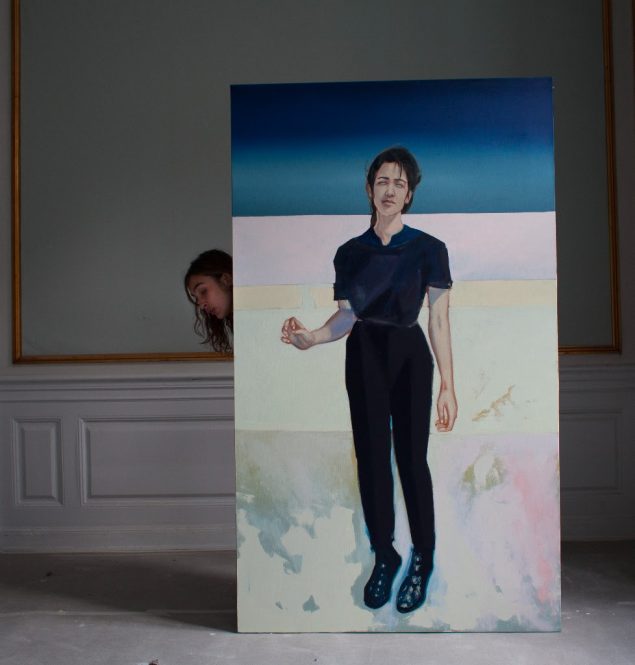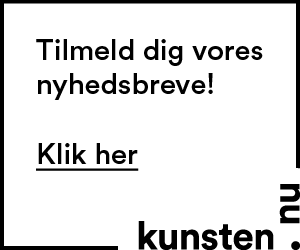Let the witches gather. The vulnerability of women on the nightless day, their ritual burn under an unsetting sun. Let these black words be a protective incantation for the ceremony, a dark, wet amulet against the bonfires of the patriarchs. A gallery of portraits, a collection of female faces, a ceremony for the solstice. On the night of Sankt Hans, here we have a sabbath by Apolonia Sokol.

On this Midsummer’s Eve, the longest day of the year, the villagers assemble near the water to get shitfaced and chant anthems and light fires to burn the witches. In the far north, the sun never sets on the solstice. The wise crone, the dangerous beauty, the lonely widow. What was her trespass? Defiant, brave, free. A voice too loud, a wisdom too deep. Her body already a crime from birth, anything more is just a spark.
Time passes, and the gods change but the ritual doesn’t. And then the witches become only effigies, but they still burn those. Even in the land of the midnight sun, there’s is still hard shards of ebony shadow. The witches still hold power in the darkness of bodies, the moon might not light the night sky, but she’s still near, a constant satellite. The dark waters still follow her call. Boil, boil, toil and trouble.
The sabbath is about to begin. Here the witches gather. Here the Senegalese spellcaster makes her body heave with the spiritual force of a pieta and the annunciated woman confides in her sister. Here the escaped Algerian bride of a forced marriage gives succor to the tortured. A hysterical angel flies from the pages of Georges Didi-Huberman’s The Invention of Hysteria. The proud Egyptian emigrant and the Congolese artist return all looks with the necessary defiance of women. The anxious daughter lept from Gericault with a sneer on her lips. Here is Helen, having fought off all suitors, Greek kings and Trojan princes, instead becomes a warrior herself, spilling the blood of the fathers until it matches the tears of their daughters.
On this nightless night of Sankt Hans, they congregate. Draped in royal purples and clad like soldiers in fitted blacks, skirted and dressed, in tights and pants, framed by scarred brick walls and floating down staircases, in the hard glare of distant deserts and the shadowy liquid of a saffron sunset.
Eyebrows arched, their eyes can pierce flesh. There’s a fearless fuck in that wet stare, but not for you. Their naked colors cream and dance, the sky shudders with pigment. With a palette light as a feather, they levitate off the glaring white walls. Summoned with paint, their magic is undeniable. Goya imagined the sabbath and Durer caught the eyes of a witch-mother’s wisdom, but men, allies and sons, cannot match the power of women gathered though we can try. The softness of their powers comes from the hardest darkness, carved and cut by solar flames, their embrace is a sanctuary for sisters and void for their enemies. They stand often alone in their powers but here together in force.
Apolonia gathers a coven of portraits as only she can. The flames will still burn on distant beaches. Smoldering effigies and patriotic songs can never extinguish the fire of women. Not here, not now, not ever.
Text by Andrew Beradini “The Necessary Defiance of Women”
Kilde: Andersen’s
Bredgade 28
1260 København K
Tir-fre 12-17, lør 11-15
Gratis entré
+45 3295 9235

